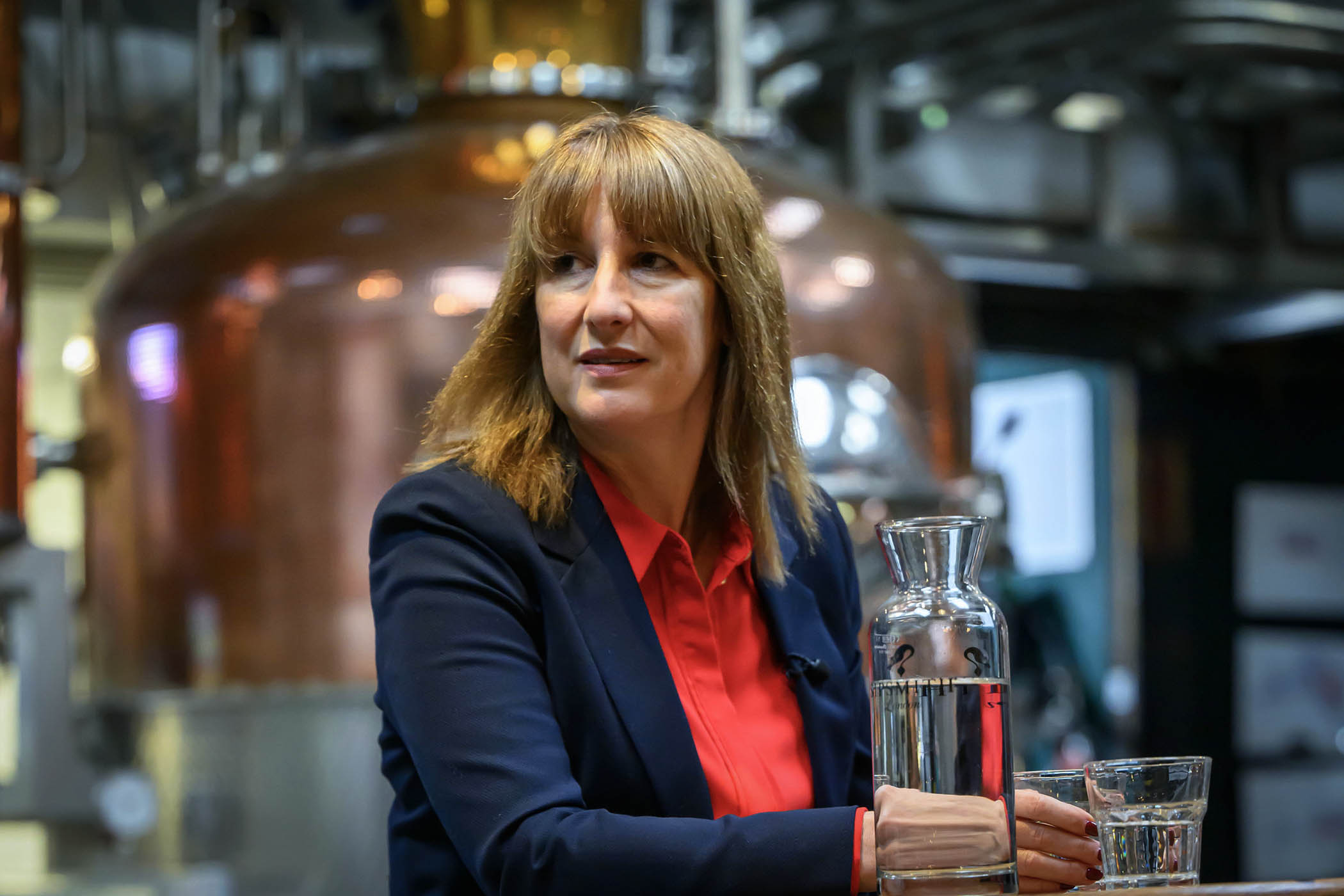In his 1958 book The Affluent Society, the great economist J K Galbraith coined the phrase “the conventional wisdom”. A key piece of conventional wisdom in the past was Say’s Law – the view that supply creates its own demand. But Galbraith, in his stout defence of Keynes, was critical of the deflationary policies of the 1920s and 1930s, when supply did not create enough demand and factories lay idle.
After the second world war, their view – that the economy should be actively managed, rather than left to markets – prevailed: political and economic consensus was centred on policies to regulate demand in the economy, while simultaneously keeping an eye on inflation and the balance of payments (exports and imports).
So what is the “conventional wisdom” of our time? One can hardly hear a pre-budget interview without being subjected to the assumption that taxes have to be raised. This quickly moves on to a discussion of: which taxes?
Before that, though, it is important to distinguish between the immediate outlook for the British economy and the longer-term prospect. It’s generally agreed by economists – but not all politicians – that pressures on the public finances from, among other things, an ageing population, mean that taxes will, in due course, have to be raised.
This is not the time to do that. The economy has been close to flatlining for some time, and hardly looks healthy. The last thing it needs is a package of tax increases and/or public spending cuts to depress demand and economic activity even further.
At a time like this, it is better not only to downplay the negative but also, in the words of the old popular song, to accentuate the positive. Adam Tooze suggested in the Financial Times last week that Britain needs a “whatever it takes” moment. This was a reference to the enlightened policy of Mario Draghi, then president of the European Central Bank (ECB), who, in Tooze’s words, decided “to face down the City of London’s bond vigilantes” in 2016. So-called quantitative easing – ie, relaxing controls on the money supply and credit – calmed the markets.
It’s a similar situation today. All this “need to raise taxes in the budget” talk is based on fear of the bond markets. To (mis)paraphrase Ian Fleming: “The name is Bond – the bond market.”
By historical standards, the level of government debt and borrowing is high but not so serious we need to go to the IMF
By historical standards, the level of government debt and borrowing is high but not so serious we need to go to the IMF
There are even hysterical suggestions that the UK’s economic position is so serious that we may have to borrow from the International Monetary Fund, as a previous Labour government had to in 1976.
This is ridiculous. There were few buyers of British government stock in 1976, and the pound was in serious trouble. These days, auctions for 10-year British government bonds are twice over-subscribed, or more. By historical standards, the level of government debt and borrowing is high, but not dangerously so.
If the economy can return to its historical path of 2% to 2.5% annual growth in real, ie inflation-adjusted, terms, these debt worries can recede. But we need a “whatever it takes” moment, and that would involve an announcement in the forthcoming budget that Brexit was a harmful misadventure. By comparison with the erosion of our previous trading relationship with the European Union, all these much-trumpeted trade deals with non-EU countries and so-called AI investment opportunities with the US amount to little more than a row of beans.
Newsletters
Choose the newsletters you want to receive
View more
For information about how The Observer protects your data, read our Privacy Policy
The threat to the UK steel industry from EU tariffs, now that under Brexit we are treated as “a third country”, became manifest last week. Yes, we need investment to fulfil the growth hopes Chancellor Reeves goes on about. One way of doing this would be to apply to rejoin the European customs union and single market, and restore access to the investment funds of the European Investment Bank (EIB), which did so much to finance investment in England, Wales, and Scotland when we were members of the EU.
Photograph by Paul Grover/Daily Telegraph/PA Wire



